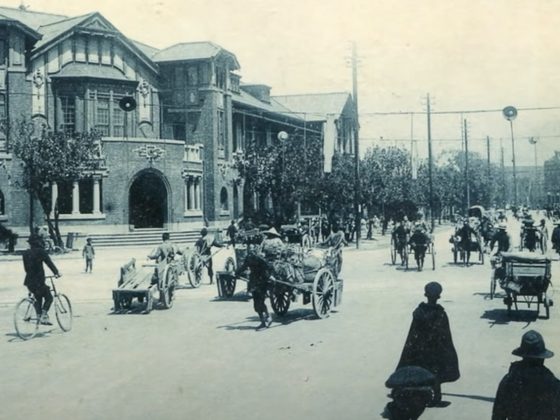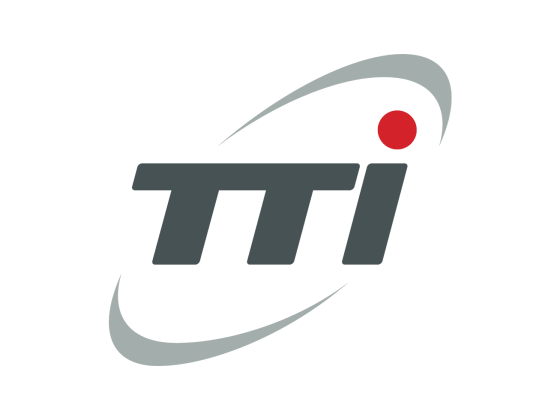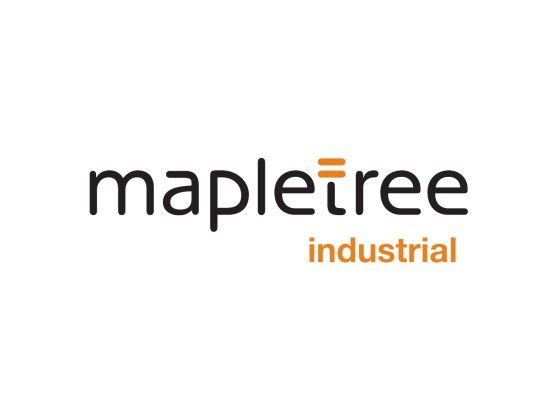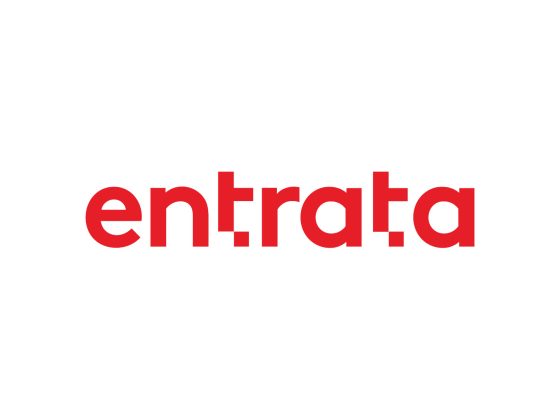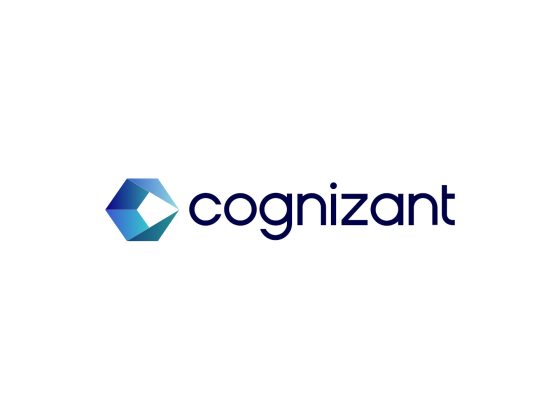The Global Value Chain (GVC) framework is a concept that explains the processes and activities involved in the production of a good or service, from its conception to its end use, and how these activities are distributed over various organisations and, often, across international borders.
In the GVC framework, value is added at each step in the process as raw materials are transformed into finished goods, and the amount of value added can vary significantly from one stage to another. Companies involved in GVCs typically focus on those segments of the production process where they can add the most value.
The GVC framework can be broken down into five key analytical concepts:
Input-output structure: This refers to the sequence of activities in the production process, including the contribution of different firms, industries, and countries to the final product.
Geographical dispersion: This refers to where activities are performed globally and is determined by factors such as cost, infrastructure, skills availability, and trade policies among others. For example, a car designed in Germany might be manufactured in China with parts sourced from multiple countries.

Governance: This refers to how the production process is coordinated and controlled. The types of governance range from hierarchy (vertical integration within a single firm), to modular, relational, captive, and market-based governance. Governance is often driven by lead firms that set product specifications, production standards, and timelines.
Institutional context: This refers to the role of regulations, standards, and culture in shaping GVCs. Local, national, and international laws and norms can significantly influence the structure of GVCs.
Upgrading: This refers to the process by which firms, industries, or countries move up the value chain to perform higher-value activities. This can include product upgrading (improving product quality or design), process upgrading (making production more efficient), functional upgrading (taking on new functions, such as design or marketing), and inter-sectoral upgrading (applying skills from one industry to another).
The GVC framework is a way to understand the complexity of modern production processes and the interconnectedness of the global economy. It highlights the ways in which value is created, enhanced, and captured across borders, and provides insights into the global economic, political, and institutional factors that shape the global production of goods and services.



